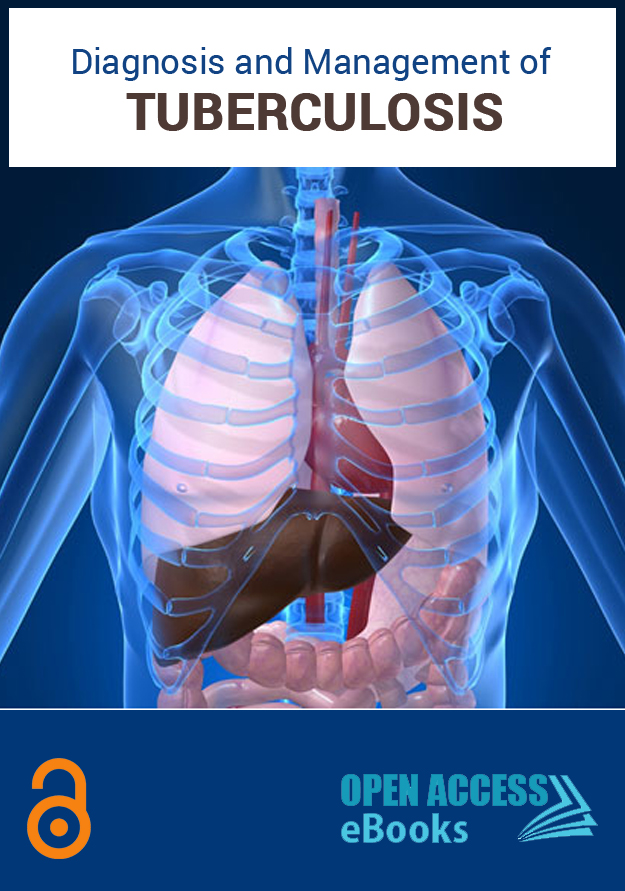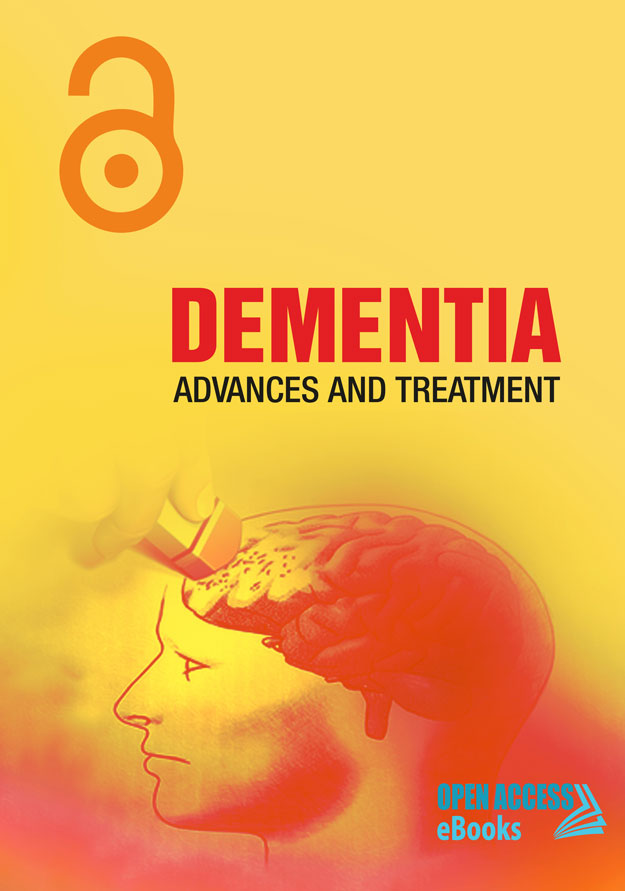
ISBN: 978-93-87500-13-6
Chronic diseases are long term diseases which cannot be cured but they are controlled with drugs and other treatments. Examples for chronic diseases are heart diseases, stroke, and respiratory problems. Probiotics means introducing good (harmless bacteria) into body to treat the disease conditions. They play an important role against Chronic Diseases. Probiotics like Lactobacillus and Bifidobacterium Species act like shield and protect against host of non-intestinal diseases. Probiotics can restore the body naturally by improving proper balance of good-to-bad bacteria.
Open Access eBooks is inviting researchers to submit their book chapter for the publication in volume 1 of an eBook Probiotics and Diet for Chronic Diseases Prevention.
All book chapters undergo review process and published content is available in PDF & HTML formats.
Benefits of publishing with us:
Universal Access: eBooks published in Open Access eBooks gain international visibility. No region barriers and content is accessed by everyone across the world from our website. We also deposit published eBooks in different databases.
Freely Available: Open Access eBooks follows the principles of Open Access and the content is available to the readers without any cost. Readers can read, share, and store the published ebooks/book chapters.
Copyright with Authors: As an eBook publisher, we serve researchers in publishing their valuable work after the stringent review process. However, copyright lies with authors. We follow the CC-BY-NC-ND license (https://creativecommons.org/licenses/by-nc-nd/3.0/).
Different Formats: We provide eBooks in PDF and HTML formats. Both formats are user friendly and can act as per the user requirements. We put our efforts to provide other formats in future.
For more information, contact info@openaccessebooks.com
Published Chapters:
Insights on the role of probiotic strains in the prevention of chronic diseases
Author(s) : K Poornachandra Rao; M Y Sreenivasa*
Probiotic as a term is a relatively new word meaning "for life" and it is currently used to describe a group of bacteria when administered in sufficient quantity, confer beneficial effects for human and animals [1]. With the growing interest of the self-care and integrative medicine coupled with our health - embracing baby bromes population recognition of the link between diet and health has never been stronger. The interest in probiotics and probiotic foods has grown enormously during the past several years across the world due to multiple health-promoting functional properties associated with probiotic cultures. Probiotic concept is now gaining momentum in India too with the entry of major global players in the probiotic production. With the growing awareness, health conscious Indian society is getting receptive to 'Probiotic Culture' and finds these products very attractive bioactive ingredients by serving as prophylactics or bio-therapeutics for promoting human health and well-being as well as management of specific diseases. However, still there is a long way to go before these probiotic foods change the Indian mindset and reach the common man to explore their full health benefits.
Celiac Disease - A Chronic Enteropathy, Its Management with an Emphasis on Probiotics
Author(s) : Gayathri Devaraja*; BS Rashmi
Celiac Disease (CD) is a form of chronic enteropathy affecting the small intestine in genetically predisposed individuals expressing HLA DQ 2 and DQ 8 molecules. The disease is precipitated by the ingestion of gluten and related cereal proteins derived from barley and rye containing foods [1]. Often CD referred to gluten sensitive enteropathy, celiac sprue and non tropical sprue. This disease was first described in the 2nd century AD by Aretaeus Cappadocia who used the Greek term ‘koeliakos’ meaning ‘sufferings of the bowel’ [2]. Later in 1880, British physician Samuel Gee, clinically described CD “as a kind of chronic indigestion which has met with persons of all ages, yet it is especially apt to affect children between one and five years old, correctly surmised that errors in diet may perhaps be a cause, but could not pinpoint the true nature of the disease” [3].


